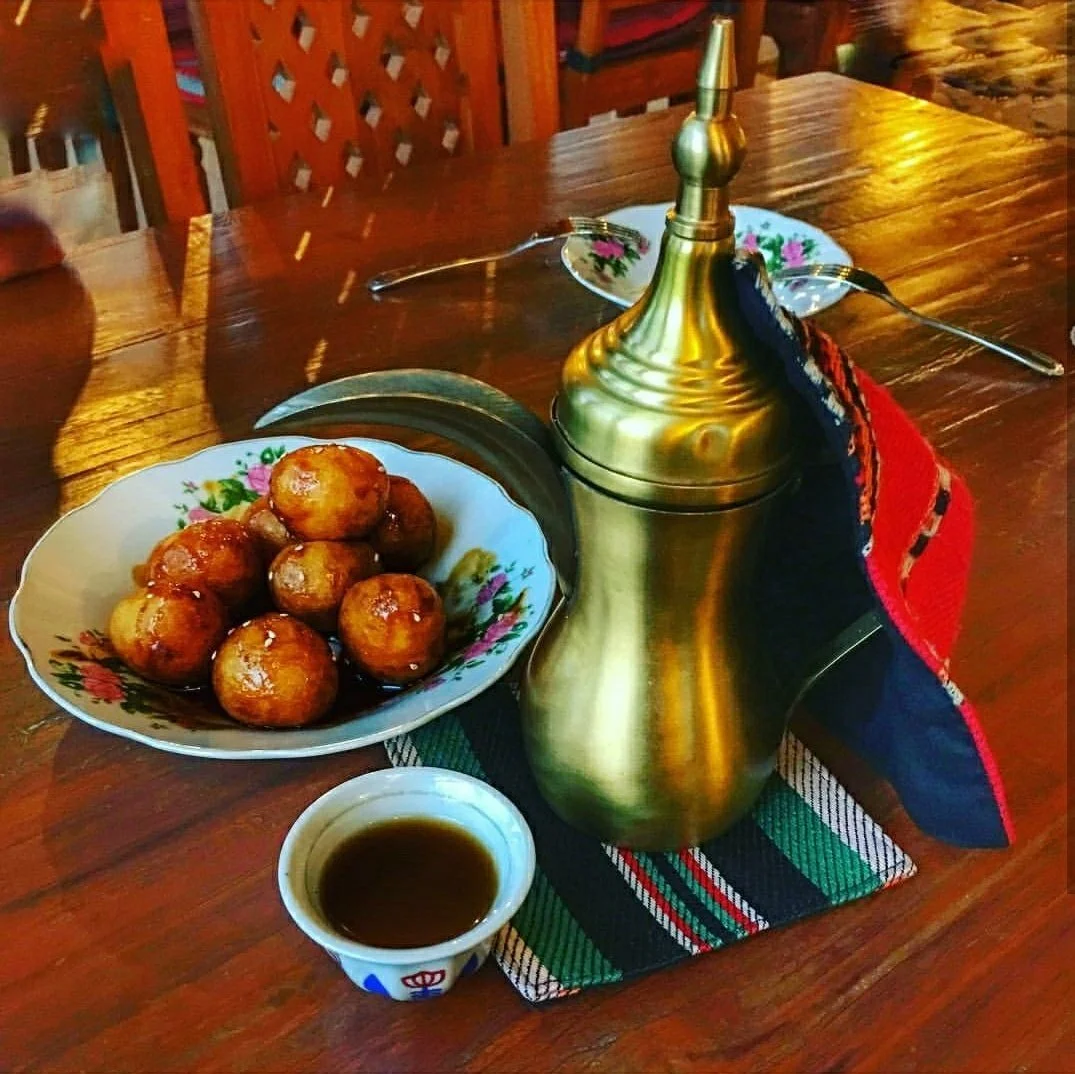
That Translator Can Cook: Baklava
The origin of baklava is somewhat controversial and many groups (Turkish, Greek, Armenian, etc.) claim that it was created by their ancestors…

That Translator Can Cook: Halva
Halva’s origin is somewhat murky; “Some scholars have suggested it originated near Byzantium, now Istanbul, some time before the 12th century, while others believe it dates back all the way to 3000 B.C.E.”…

That Translator Can Cook: Barazek
Barazek are considered a Syrian specialty, but some say that barazek actually came from Turkey…

That Translator Can Cook: Masoob
Masoob, also known as malikia in Yemen, is a breakfast and dessert (depending on personal preferences) that is popular in the Arabian Peninsula…

That Translator Can Cook: Kunafeh
When and where kunafeh originated: it is agreed that it was invented either in the 10th century or the 15th century, but some say it originated in Egypt or the Umayyad Empire and others say it originated in Nablus, Palestine.

That Translator Can Cook: Luqaimat
Here we have another dessert that’s commonly made during Ramadan. Luqaimat means “small bites” in Arabic and that’s exactly what they are: small bites of sweetness…

That Translator Can Cook: Qatayef
There are three main types of qatayef: (1) qatayef bil-jibna (qatayef with cheese), which is deep fried qatayef with an Akkawi cheese filling; (2) qatayef bil-joz (qatayef with walnuts), which is deep fried qatayef with a cinnamon walnut filling; and (3) qatayef asafiri (mini qatayef)…

That Translator Can Cook: Balaleet
Balaleet is popular in the Gulf countries, but it is considered to be a traditional Emirati dish. In the UAE, expatriates make up almost 90% of the population…

That Translator Can Cook: Maamoul
Maamoul is known as kahk in Egypt, which was depicted in temple paintings and carvings from the Pharaonic Period in Ancient Egypt…
![That Translator Can Cook: [Peanut Butter] Basbousa](https://images.squarespace-cdn.com/content/v1/5fee3b088500a82fe9d47ac9/1609875092289-8UUV6UK04R8P2WMOW1RX/%D8%A8%D8%B3%D8%A8%D9%88%D8%B3%D8%A9-%D8%A7%D9%84%D9%81%D9%88%D9%84-%D8%A7%D9%84%D8%B3%D9%88%D8%AF%D8%A7%D9%86%D9%8A.jpg)
That Translator Can Cook: [Peanut Butter] Basbousa
This cake originated in Egypt, according to most accounts, although some say the Ottomans created it…
